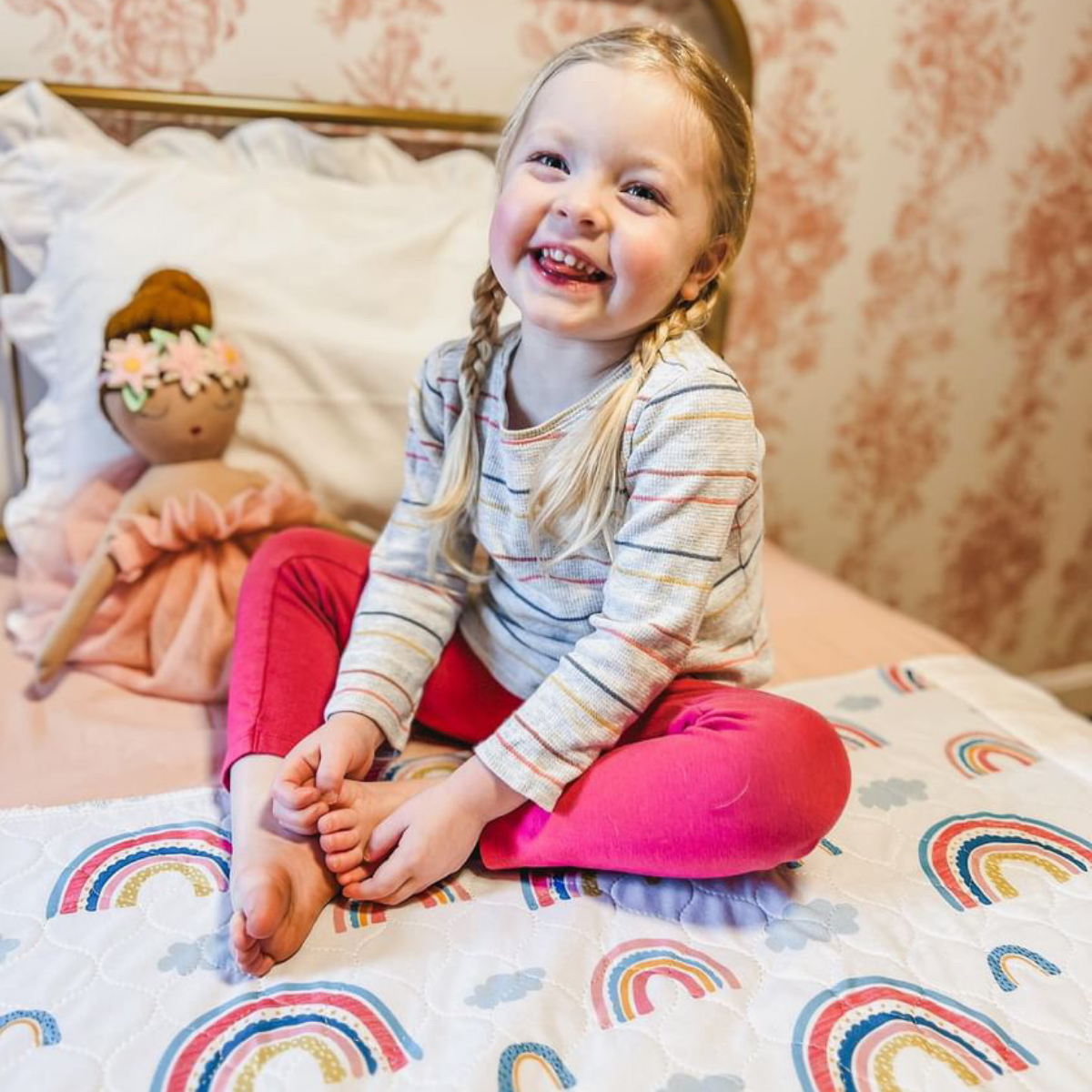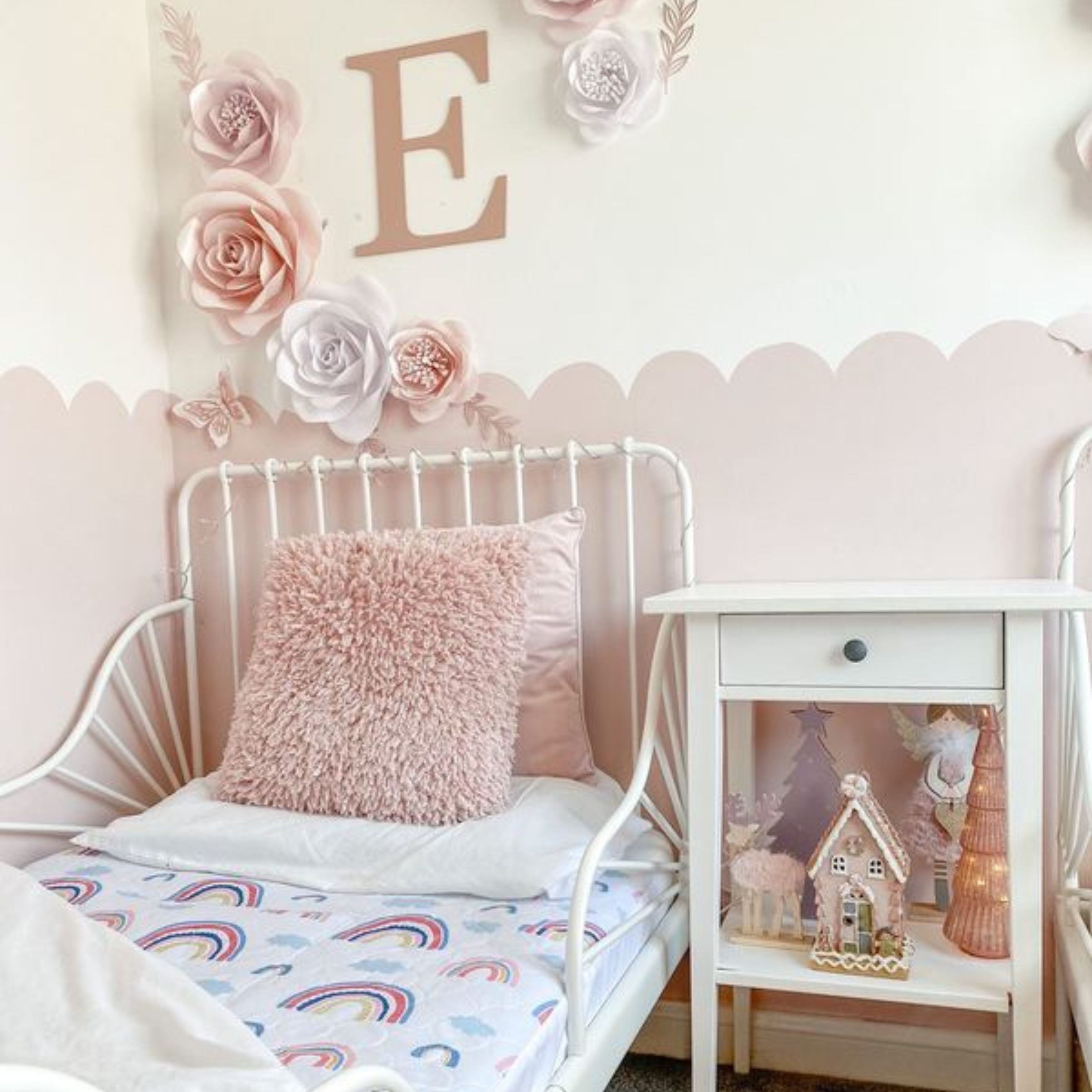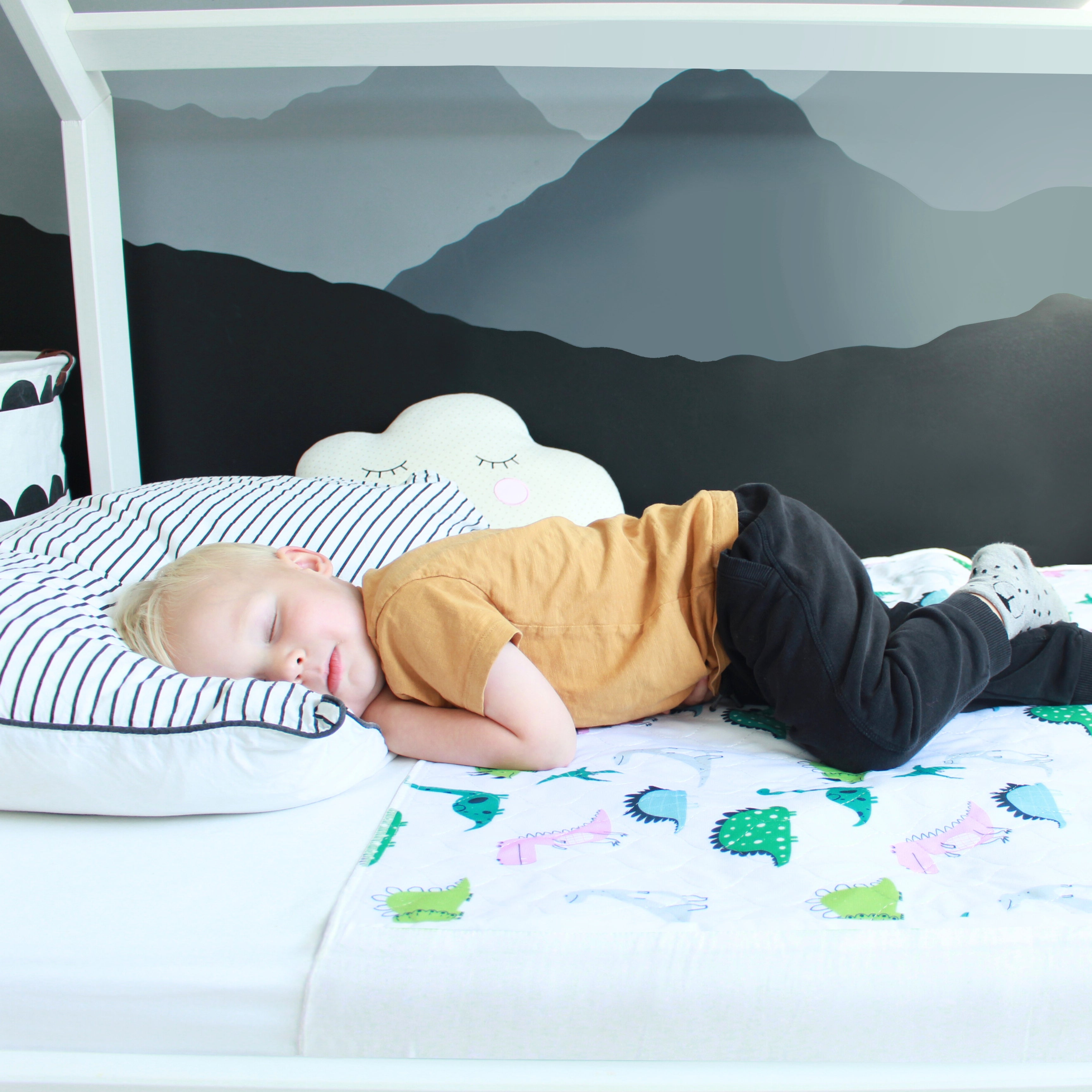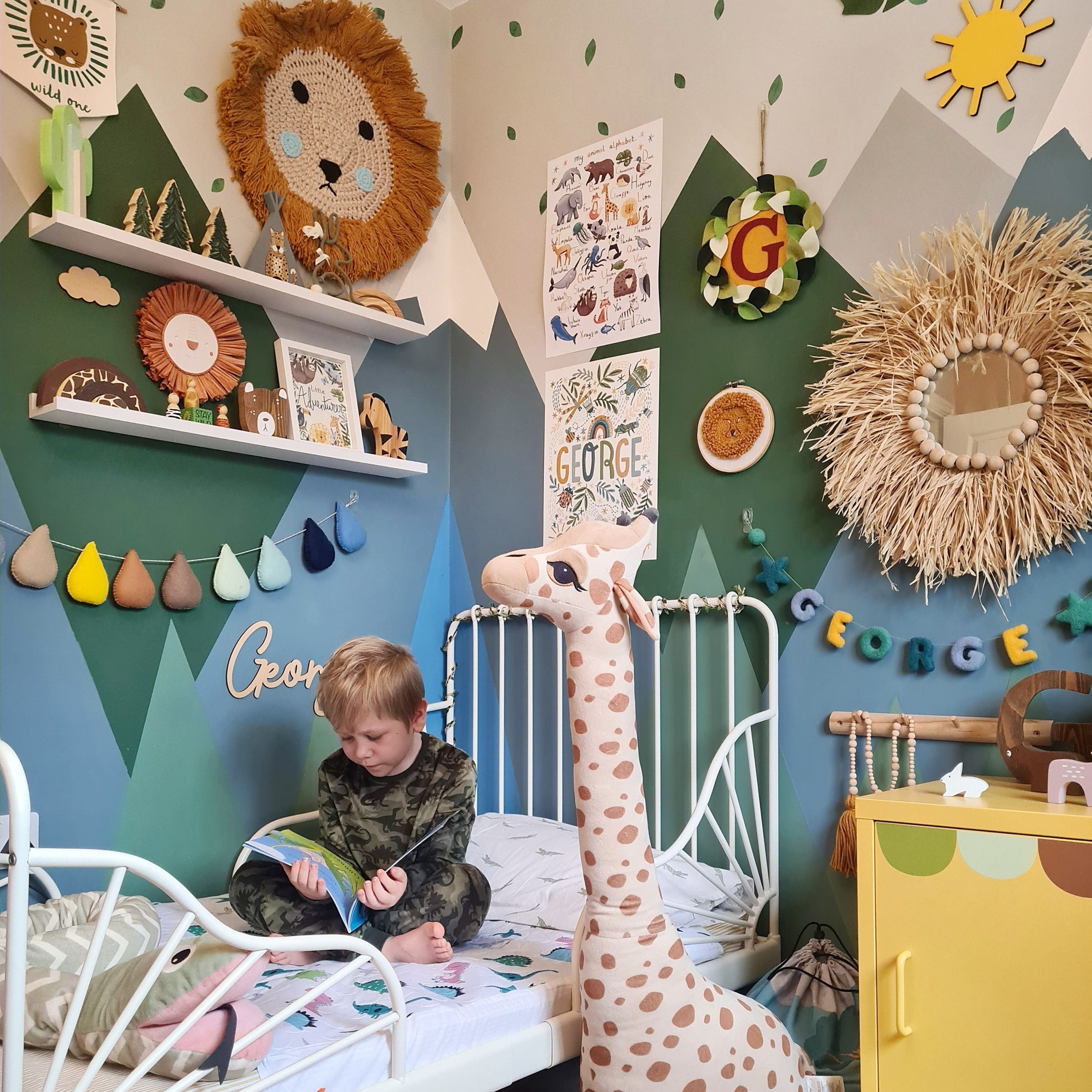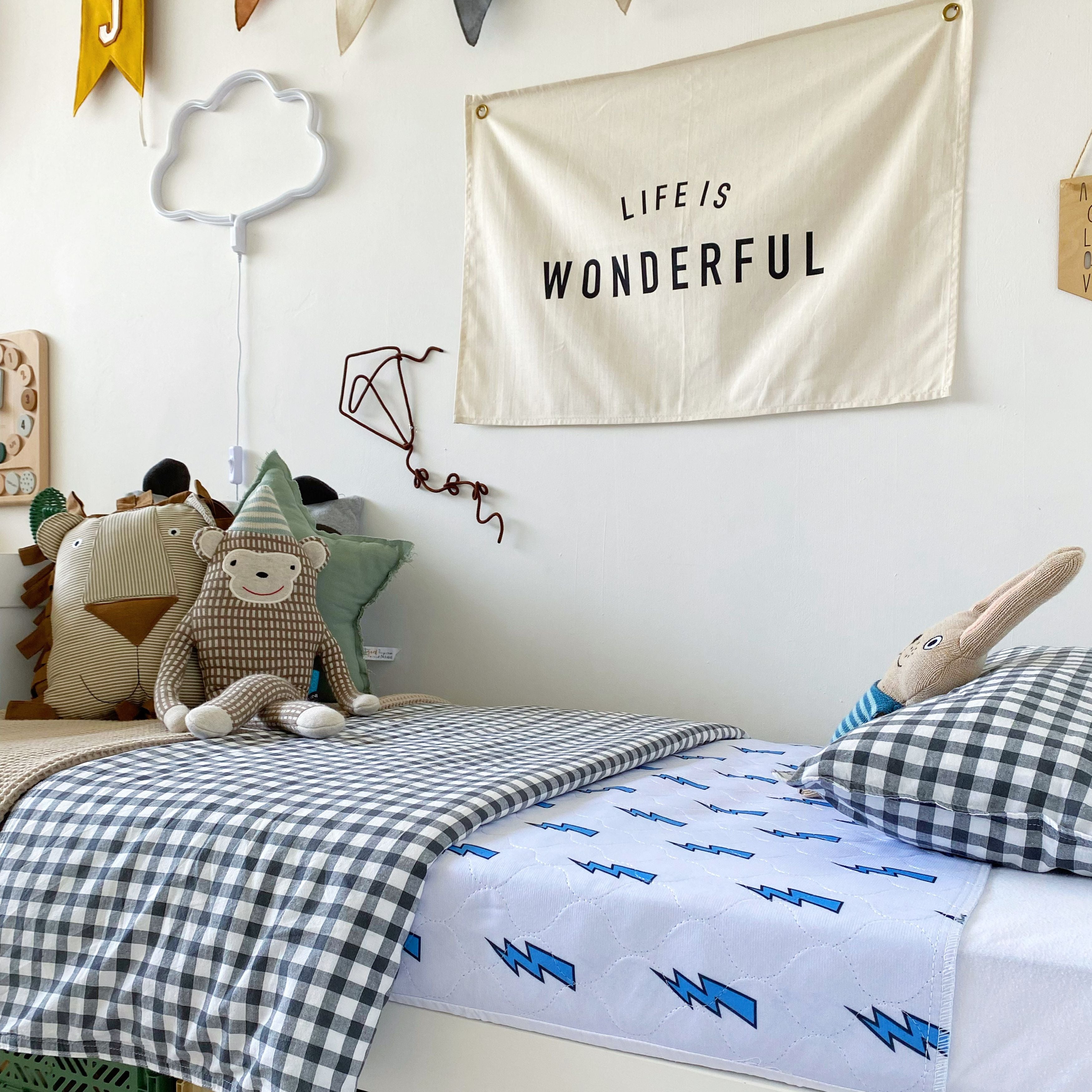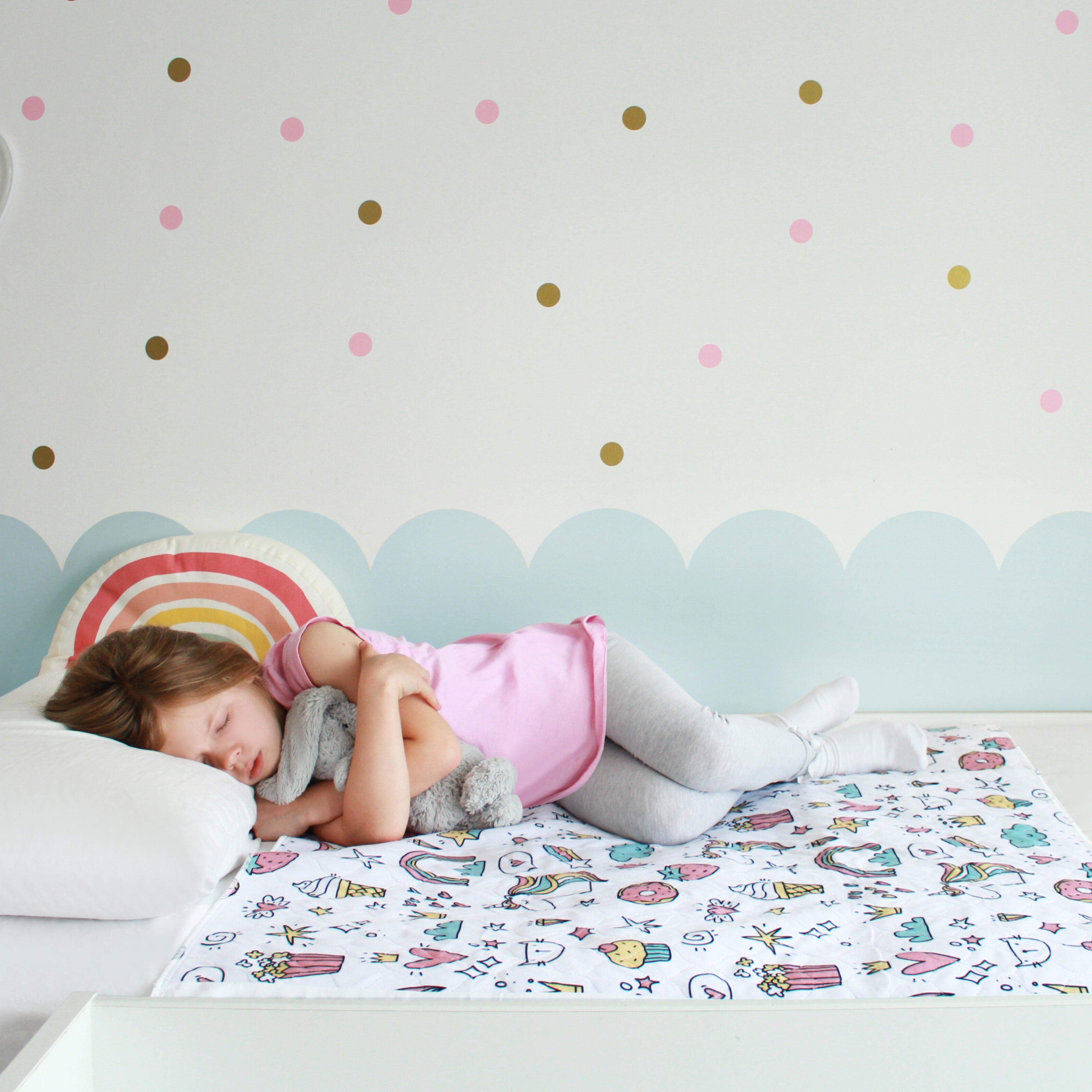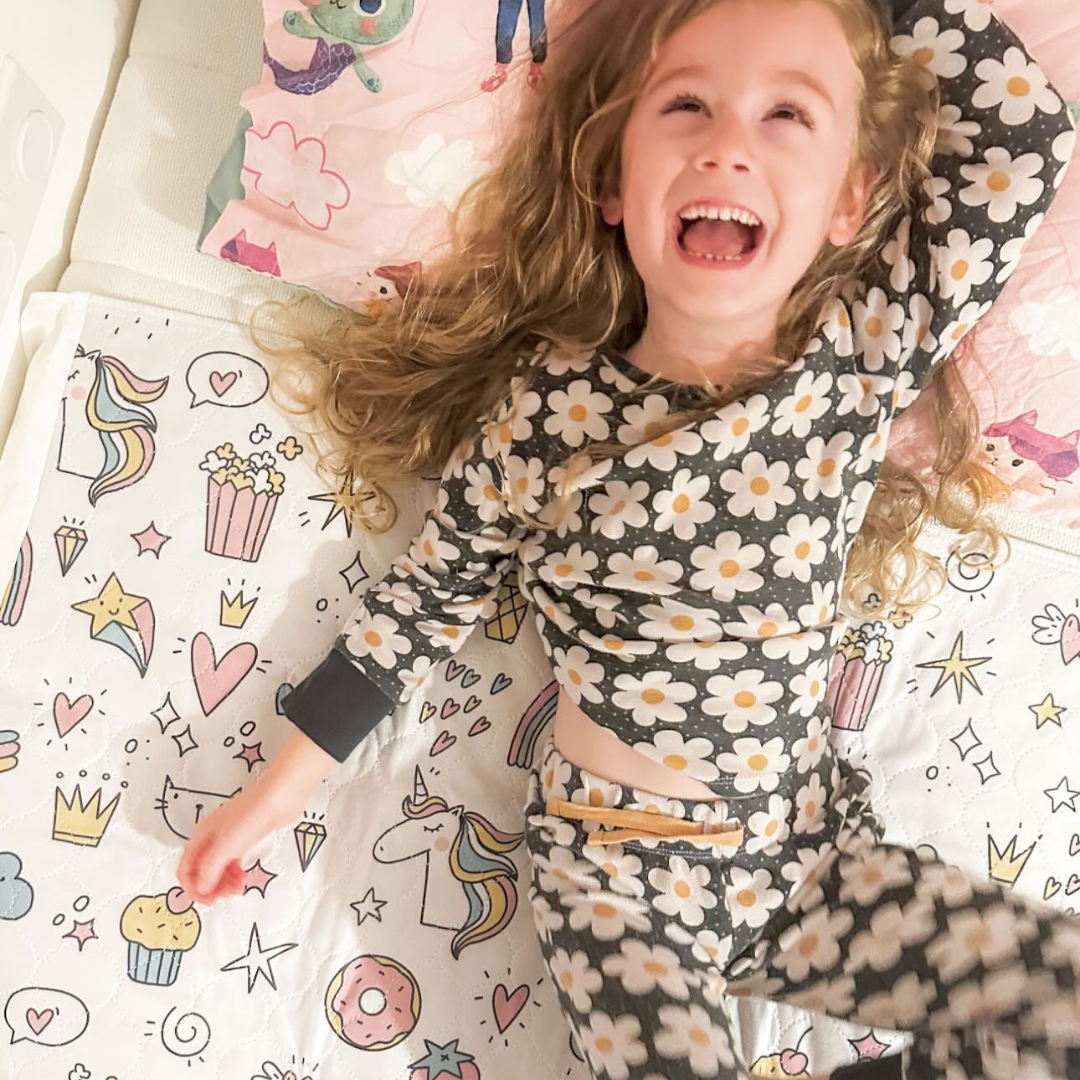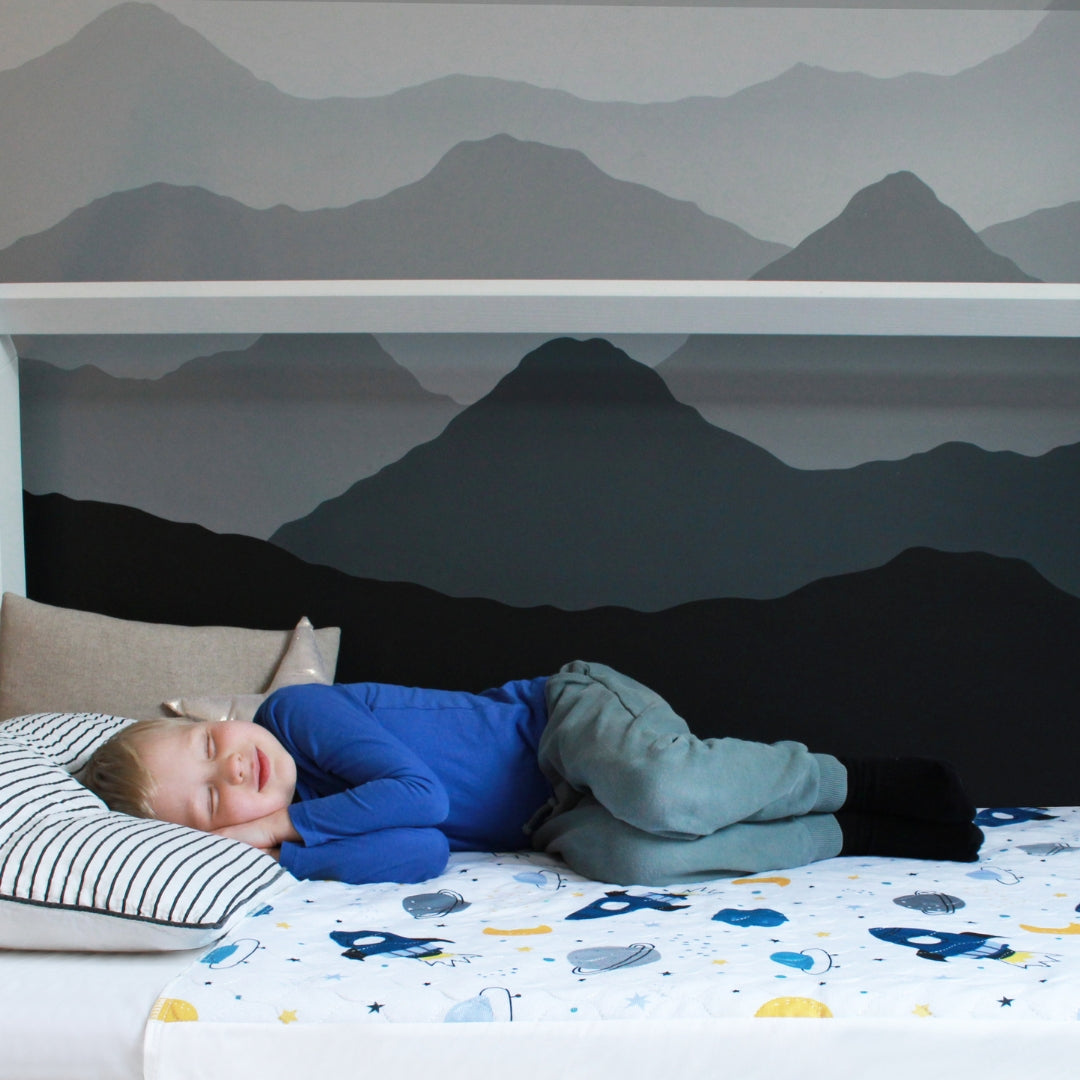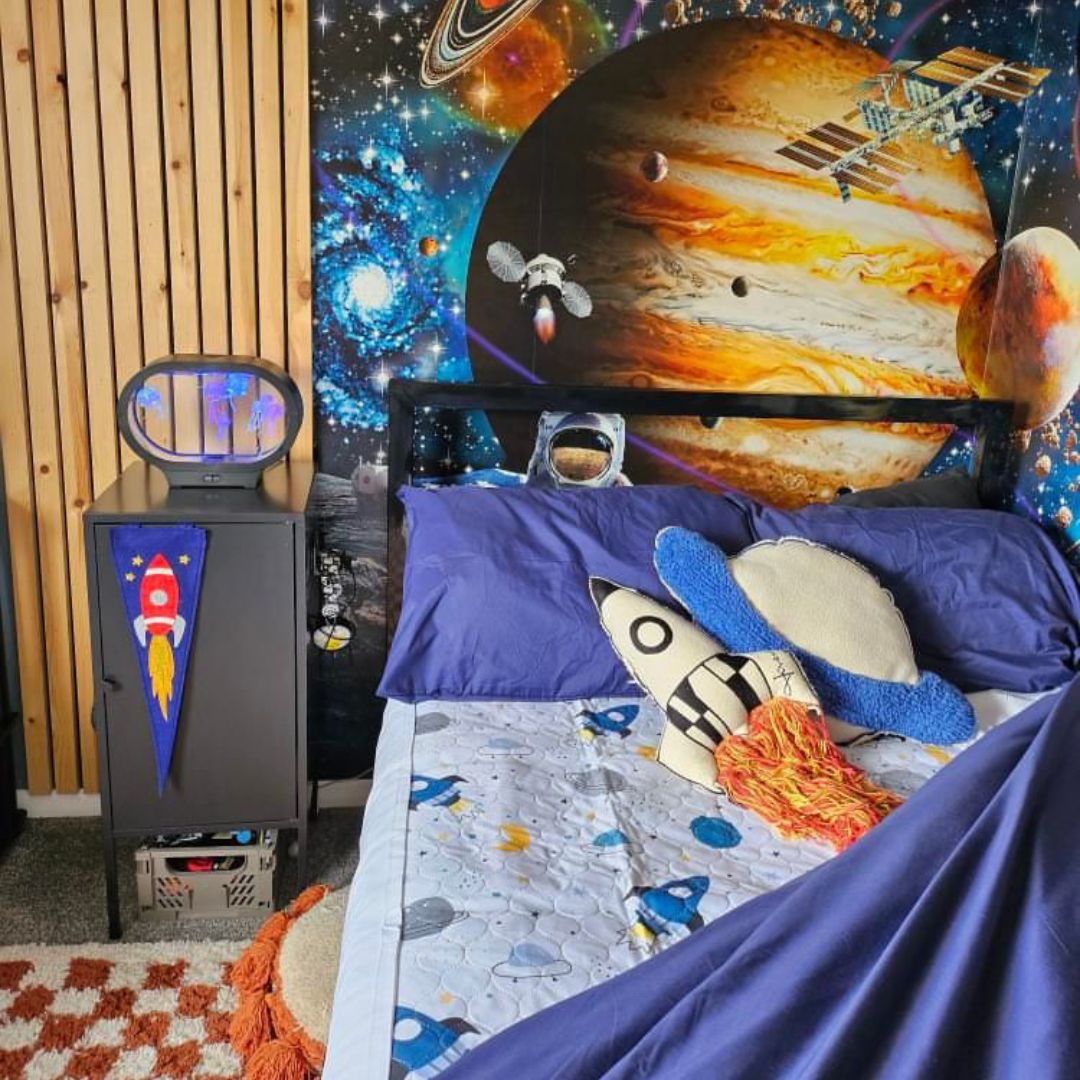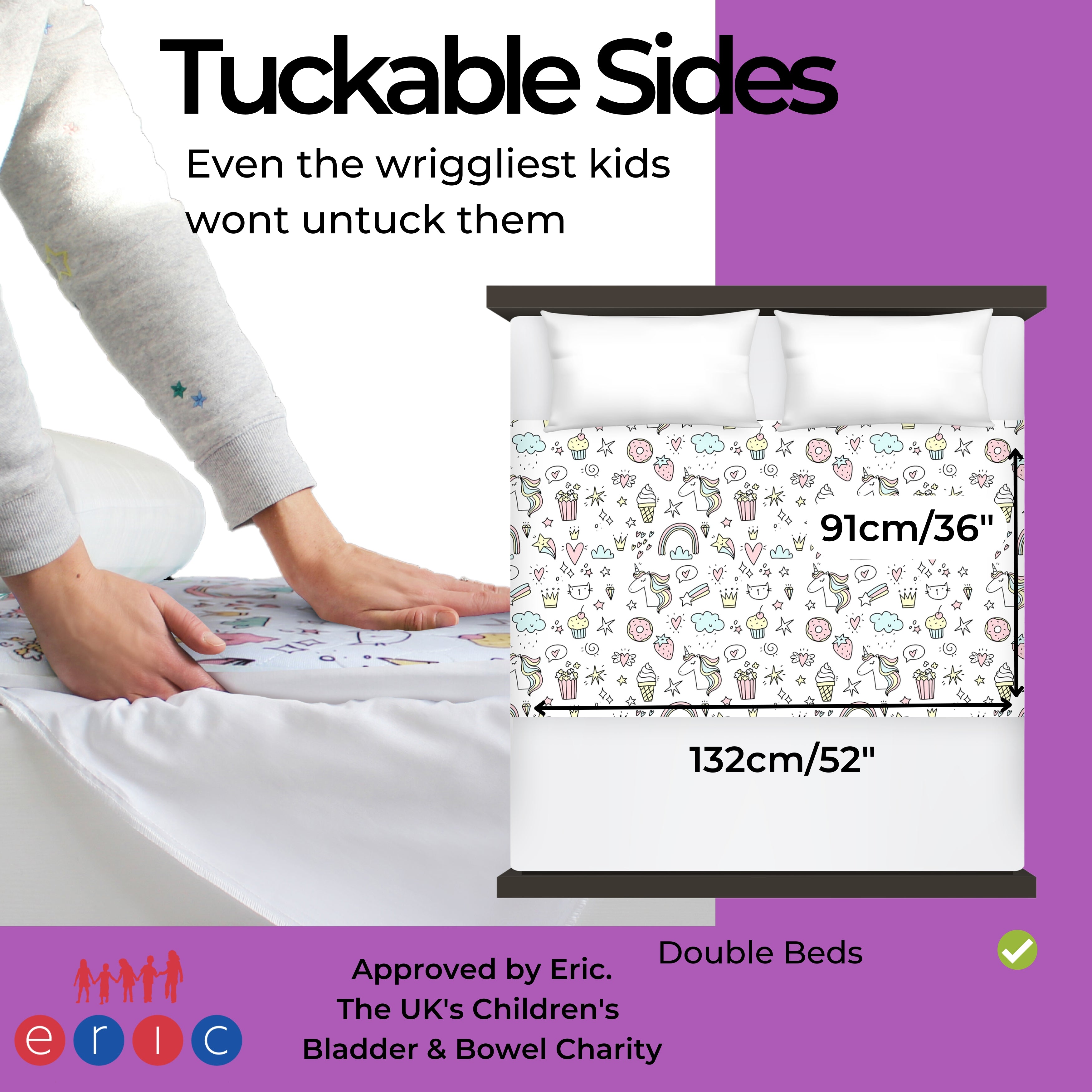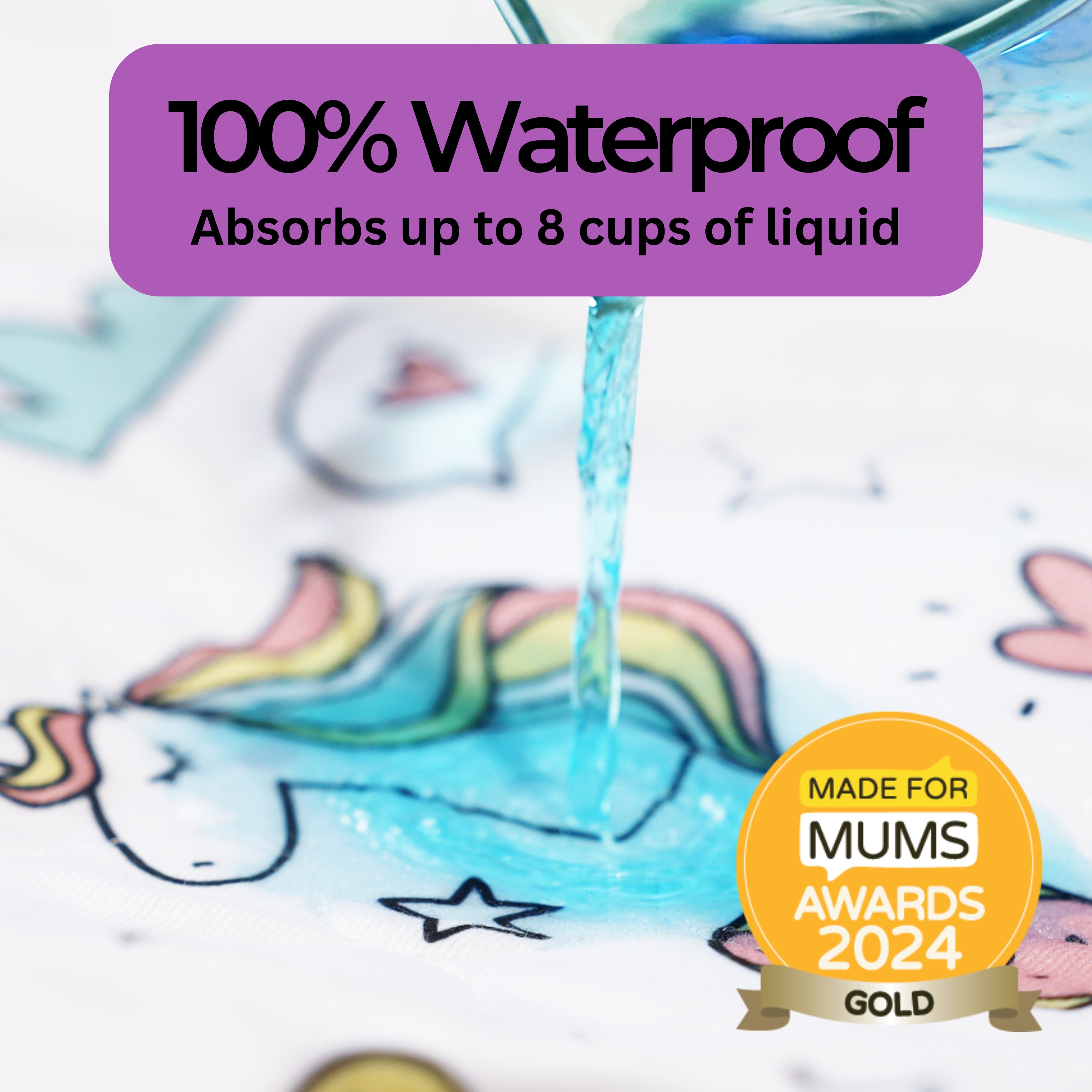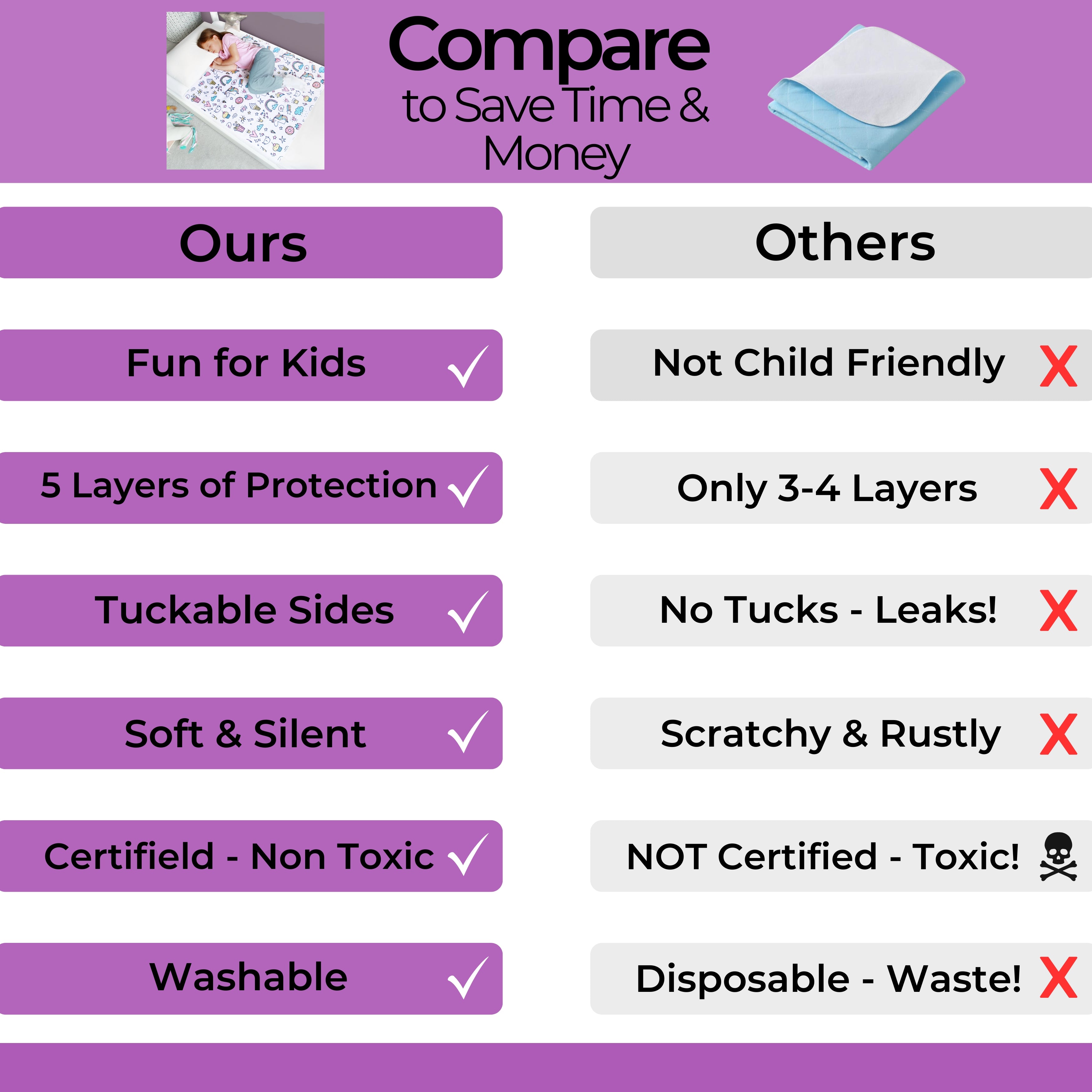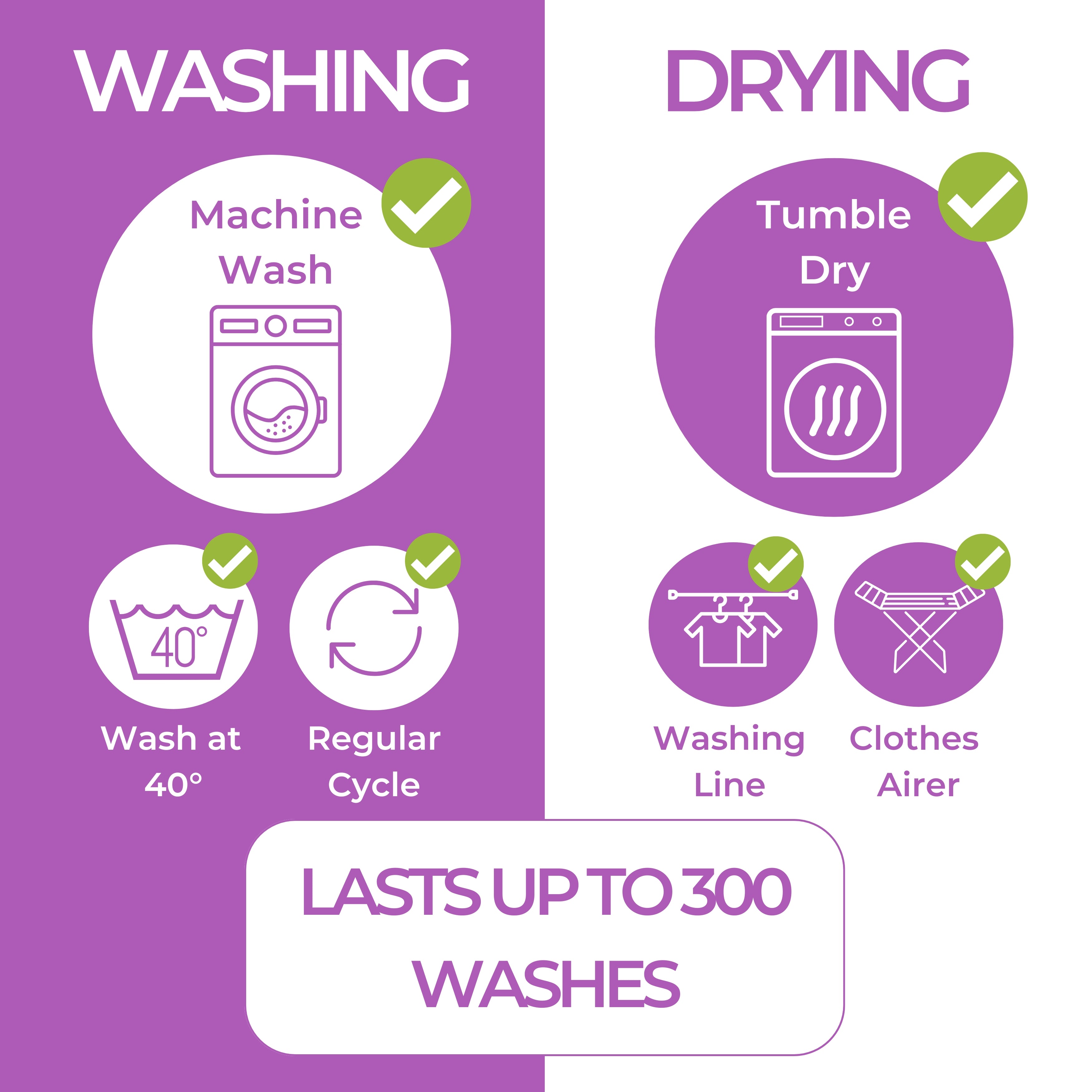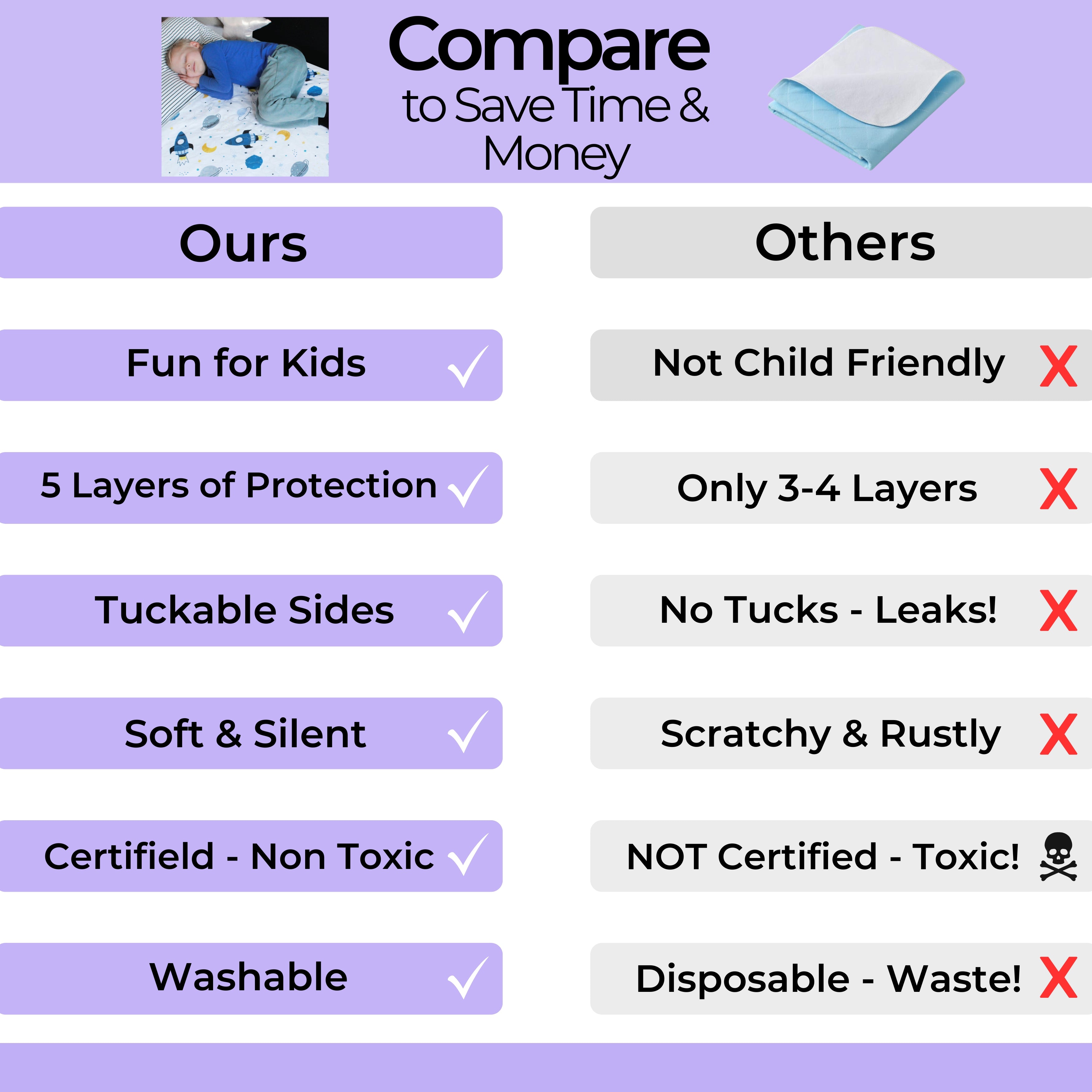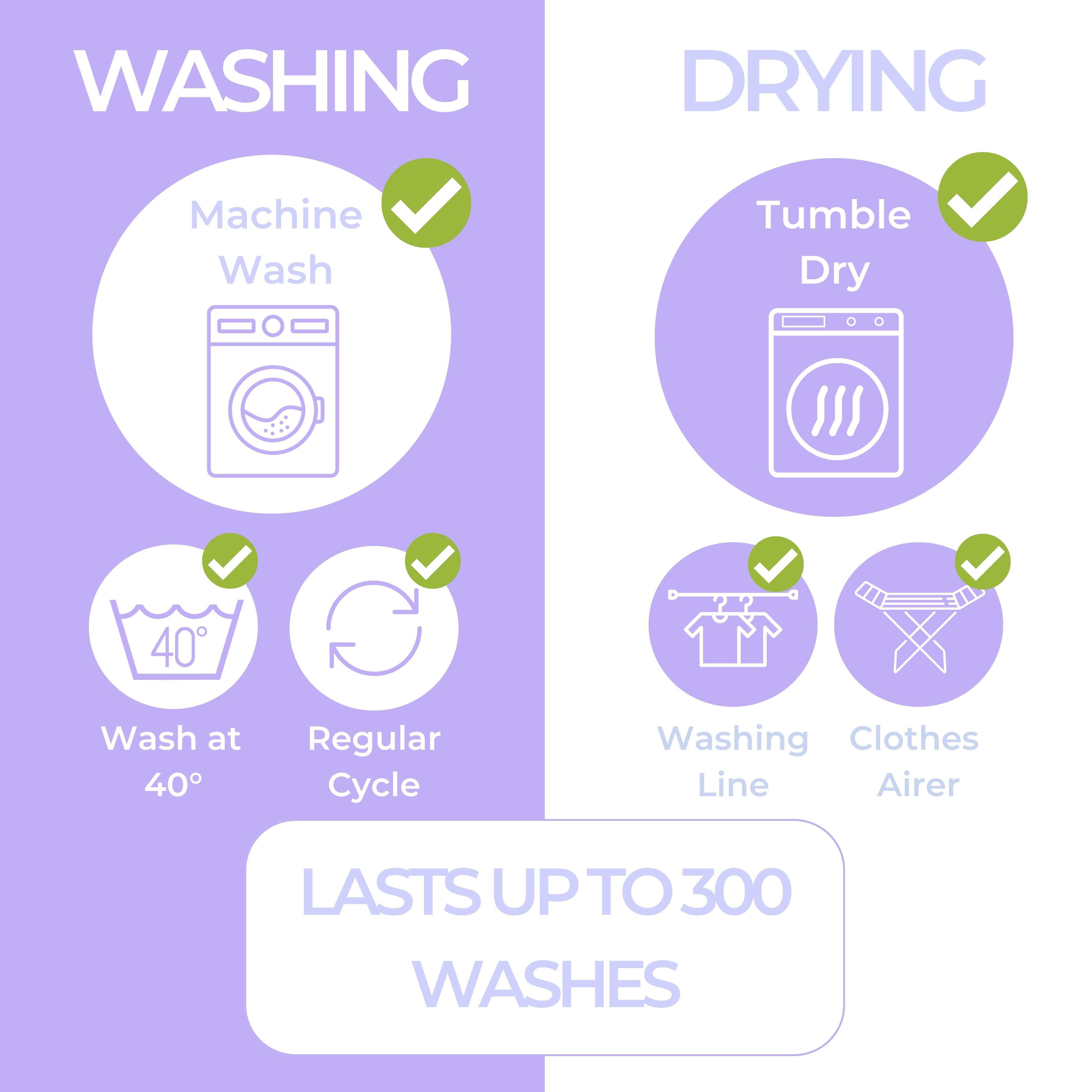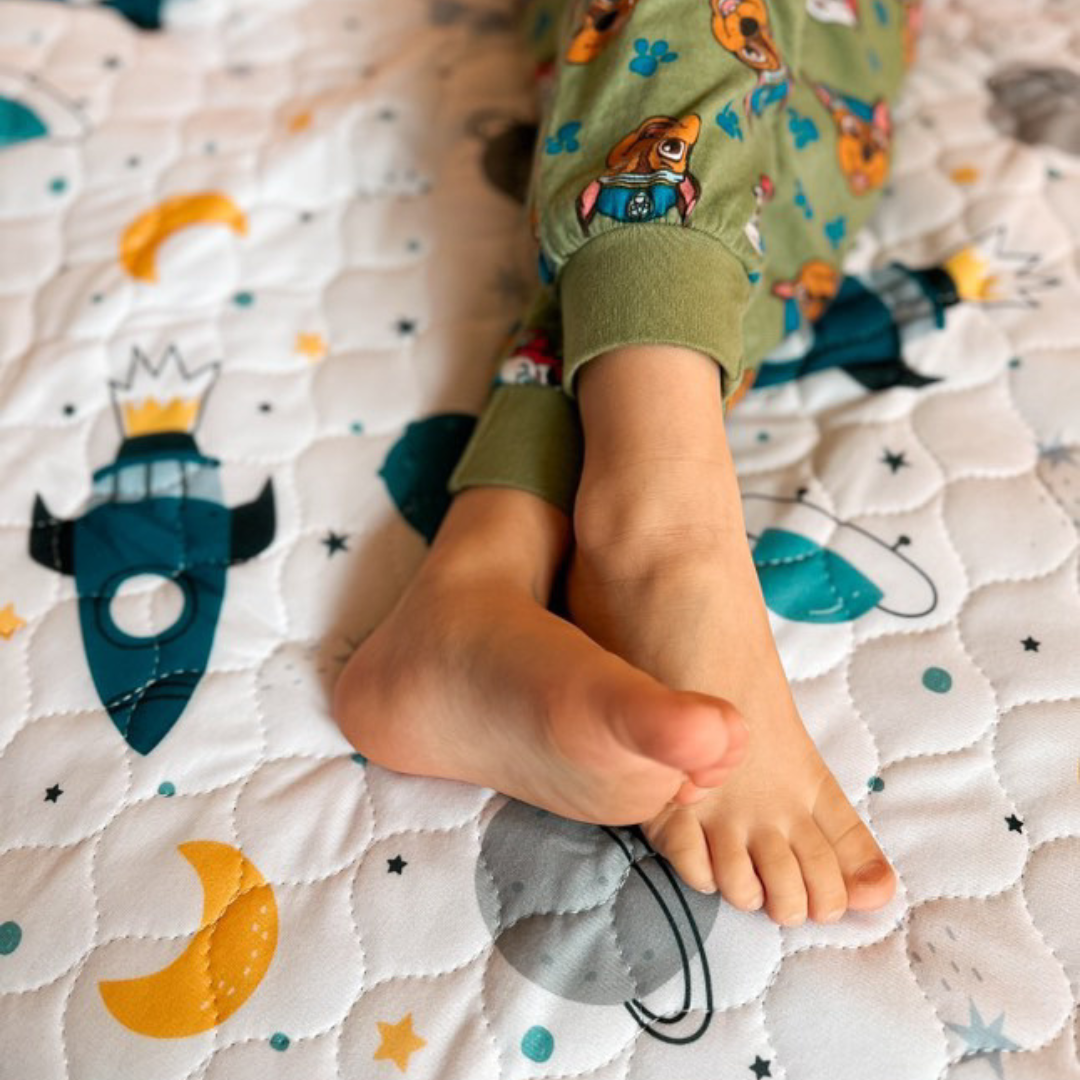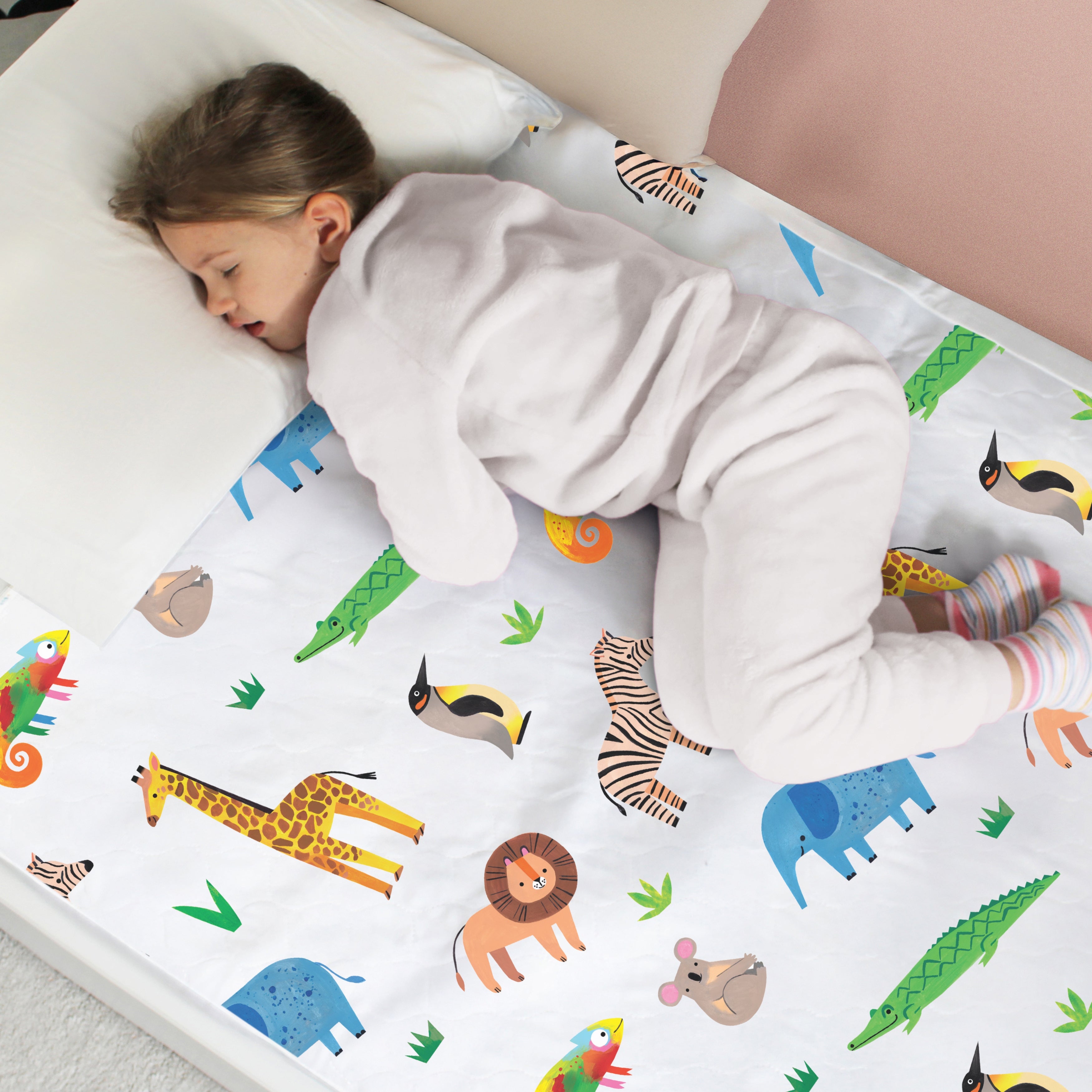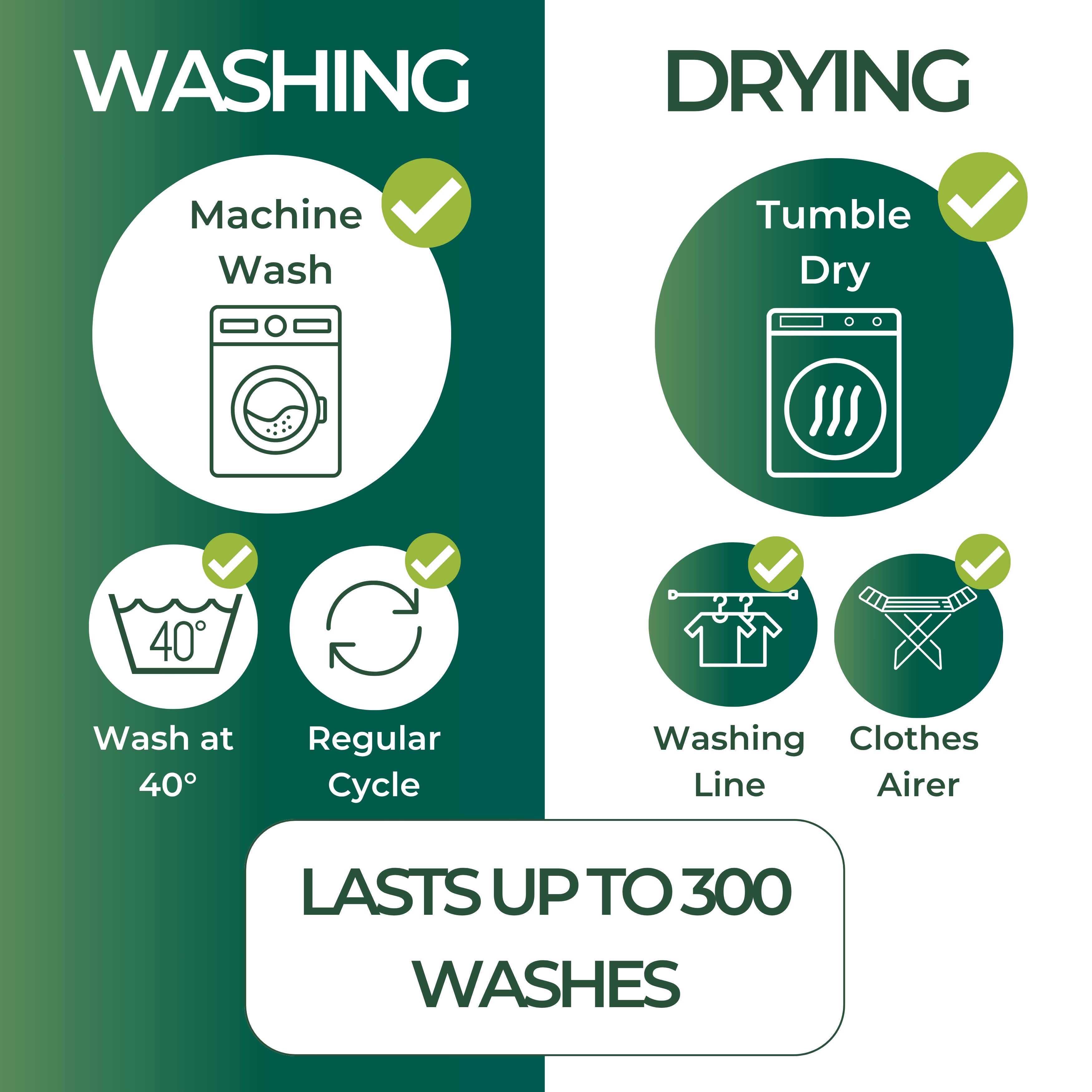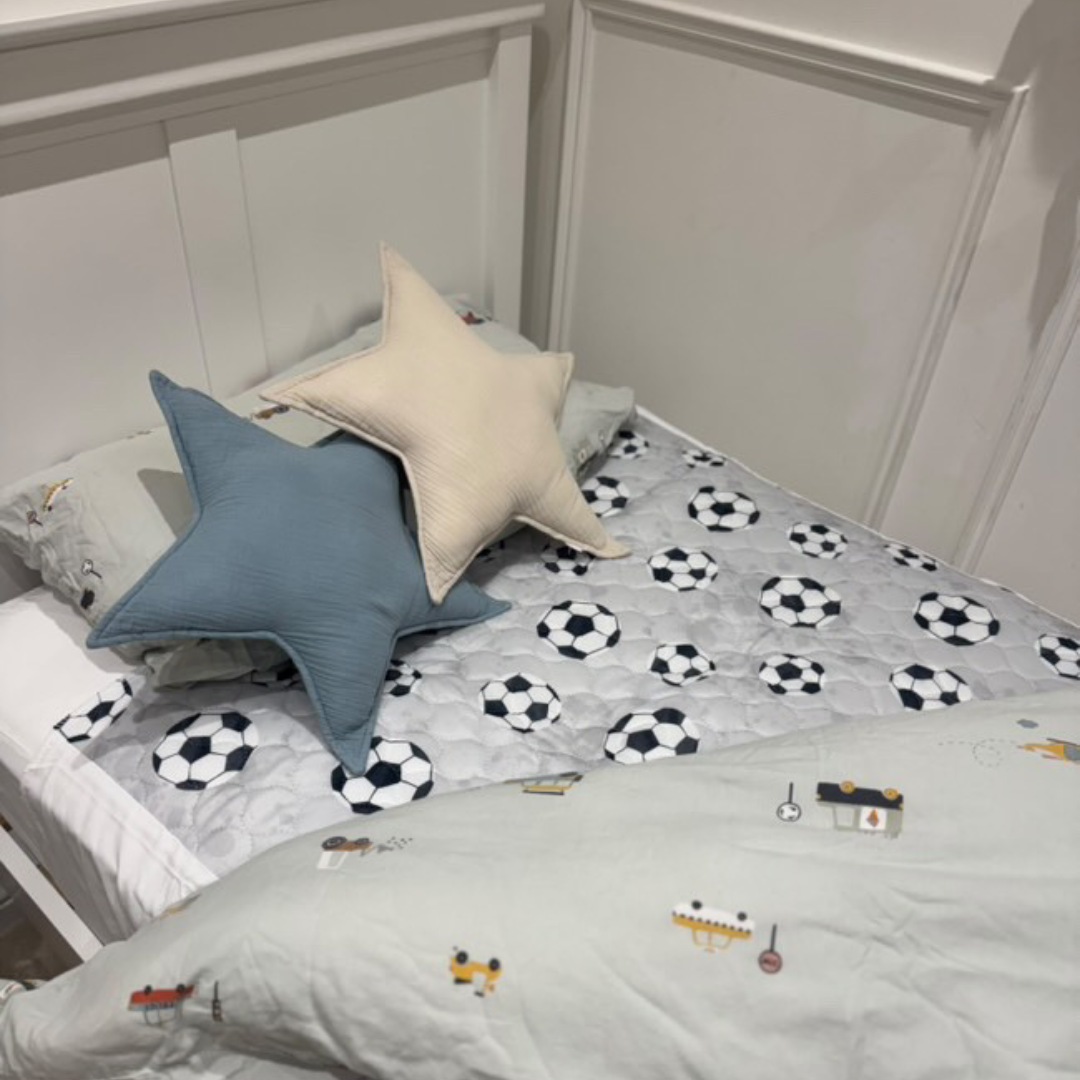Even after your child stays dry during the day and successfully uses the potty, nighttime bedwetting can still happen. Bedwetting (also called nocturnal enuresis) is a common condition that can persist beyond the age of 5. According to the Children's bowel and Bladder Charity, ERIC, around 15% of 7-year-olds regularly wet the bed. Before the age of 5, many children simply haven’t developed full bladder control at night, even if they can hold it during the day.
Key Reasons for Bedwetting After Potty Training
There are several reasons why your child may not have nighttime bladder control. Bedwetting is a physical condition and can have multiple contributing factors, such as:
- Bladder development – Some children have bladders that don’t stretch enough or produce more urine at night.
- Deep sleep – Some children struggle to wake up when their bladder is full.
- Hormonal factors – Low levels of vasopressin, the hormone that reduces nighttime urine production, can lead to bedwetting.
If your child easily makes it to the toilet during the day but struggles at night, it’s likely due to one or more of these factors.
Causes of Secondary Bedwetting
If a child starts wetting the bed after being dry for at least six months, this is known as secondary bedwetting. This can be triggered by:
-
Medical conditions – Urinary tract infections (UTIs), constipation, or type 1 diabetes can contribute to bedwetting.
-
Stress or anxiety – Big life changes, such as moving, starting school, or family stress, can disrupt a child's ability to stay dry at night.
-
Sleep disruptions – Poor sleep habits or conditions like sleep apnea may play a role in nighttime bedwetting.
How to Stop Bedwetting
Bedwetting can be frustrating, but it’s important to remember that it’s not your child’s fault. Blaming or punishing them can create stress, making the issue worse.
When to See a Doctor
If your child is over 5 and still bedwetting, it may be time to consult a doctor. The NICE (National Institute for Health and Care Excellence) guidelines recommend a bladder and bowel assessment for children experiencing persistent bedwetting. Your GP may also refer you to a specialist or clinic for further evaluation.
Before making an appointment, it’s worth checking ERIC’s advice on nighttime wetting: Advice for children with nighttime wetting. Many GPs refer to these recommendations, so implementing some of these strategies at home may help.
Things You Can Do at Home
-
Encourage proper hydration – Drinking plenty of water throughout the day can prevent UTIs and constipation, both of which can contribute to bedwetting.
-
Track bathroom habits – Keep a diary of when your child goes to the toilet to identify any patterns or issues.
-
Create a nighttime routine – Encourage your child to use the toilet right before bed and limit fluids in the evening.
Tips for Managing Bedwetting
While working on solutions, managing bedwetting effectively can help reduce stress for both you and your child.
1. Use a Bedwetting Alarm
Bedwetting alarms can help children wake up when they need to urinate. They detect moisture and sound an alarm, helping to train the brain to wake up when the bladder is full. This method may take a few weeks to work, but it can be highly effective in the long run.
Check out our Dri Sleeper Bedwetting Alarm for an easy-to-use solution that helps children develop better nighttime bladder control.
2. Consider Medication (If Necessary)
If bedwetting alarms aren’t working, a doctor may recommend medication like desmopressin, which helps reduce urine production at night. This is usually a short-term solution for situations like sleepovers or trips.
Protecting the Bed
Even with the best efforts, bedwetting doesn’t stop overnight. In the meantime, making cleanup easier is key.
Using waterproof sheets and bed wetting sheets can help keep your child’s bed dry and make nighttime accidents less stressful. Our Hygge Sheets® Bed Pads for Bed Wetting provide four layers of protection while remaining soft and comfortable. Plus, they come in fun designs that kids will love!
Final Thoughts
Nighttime potty training takes time, and every child develops at their own pace. If your child is struggling with bedwetting, be patient and supportive. By understanding the causes, using helpful tools like bedwetting alarms, and protecting their bed with waterproof sheets, you can make the process much easier for both of you.
Take care,
Catherine x

